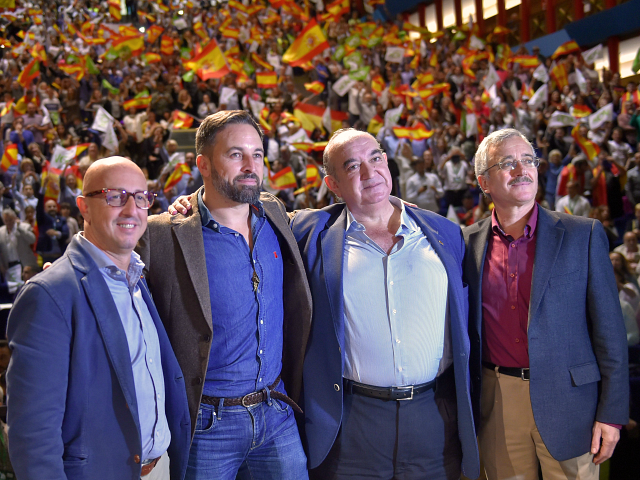MADRID (AP) – Spaniards were voting Sunday in the country’s fourth election in as many years with Catalonia’s secession drive and the predicted rise of Vox dominating the campaign.
The election was called by incumbent Socialist Prime Minister Pedro Sánchez, who won the most votes in the last ballot in April but failed to whip up enough parliamentary support to form a government.
Sánchez is tipped to win again but Spain may face another stalemate situation and months more without a stable government.
The four main parties contending centred their campaigns chiefly on ways to deal with Catalonia’s independence push and the feared surge of the “far-right” party Vox (Voice).
Abstentions loom, with polls suggesting up to 35 per cent of the electorate could stay away from the polling booths, up from 28 per cent in April.
Voting stations opened at 9 a.m. (0800 GMT) and are set to close at 8 p.m. (1900 GMT), with results expected within hours.
Vox erupted onto the political scene last election by winning 24 seats on promises of taking a hard line on Catalonia and immigration.
The Socialists’ April victory was nonetheless seen by many as something of a respite for the left in Europe, where right-wing parties had gained much ground in countries such as France, Hungary, Italy, and Poland.
But many polls predict Vox, headed by Santiago Abascal, may do even better this time and capitalise on the pro-Spain nationalist sentiment stirred by the Catalan conflict and in response to the caretaker Socialist government’s exhumation of Franco’s remains last month from his gargantuan mausoleum so that he could no longer be exalted by supporters in a public place.
Vox has already joined forces with the other two right-of-centre parties to take over many city and regional governments and no one doubts the three would readily band together to oust Sánchez.

COMMENTS
Please let us know if you're having issues with commenting.